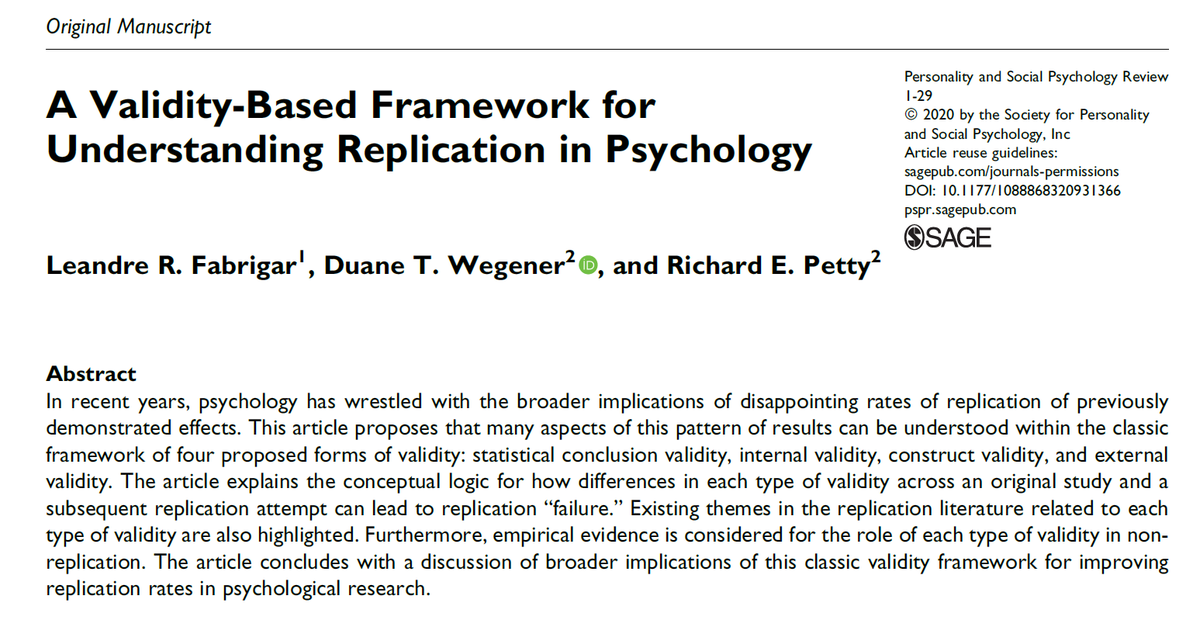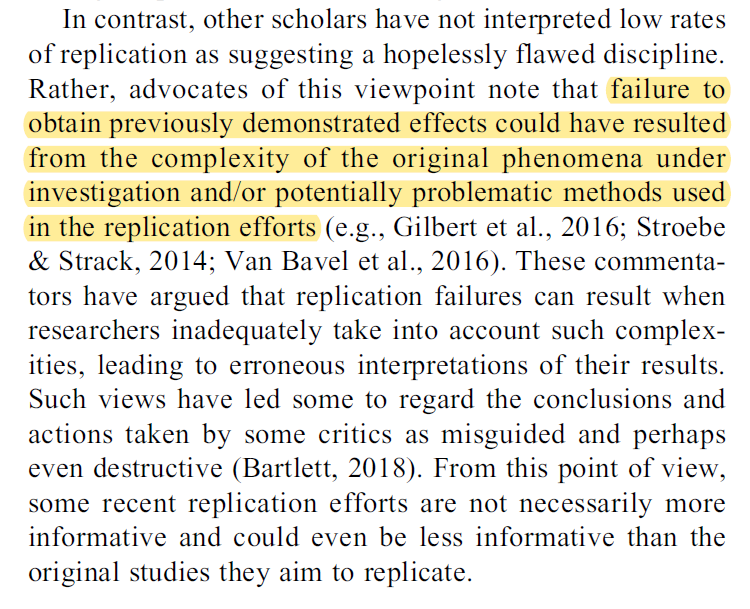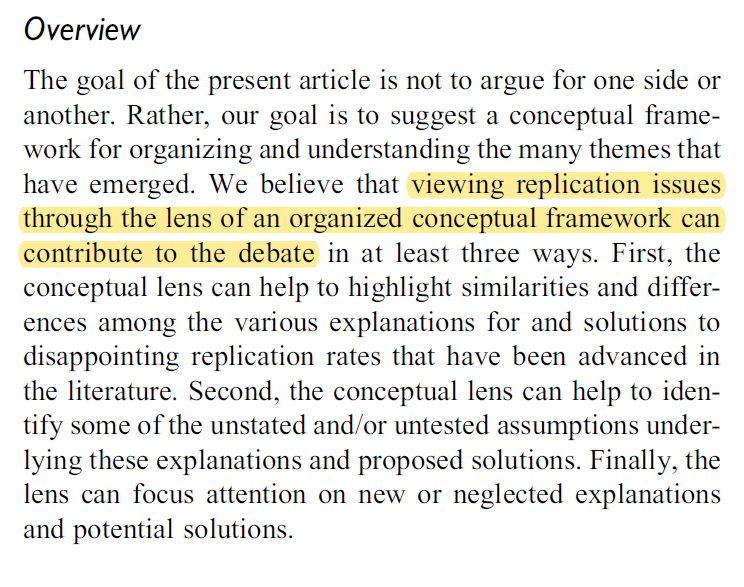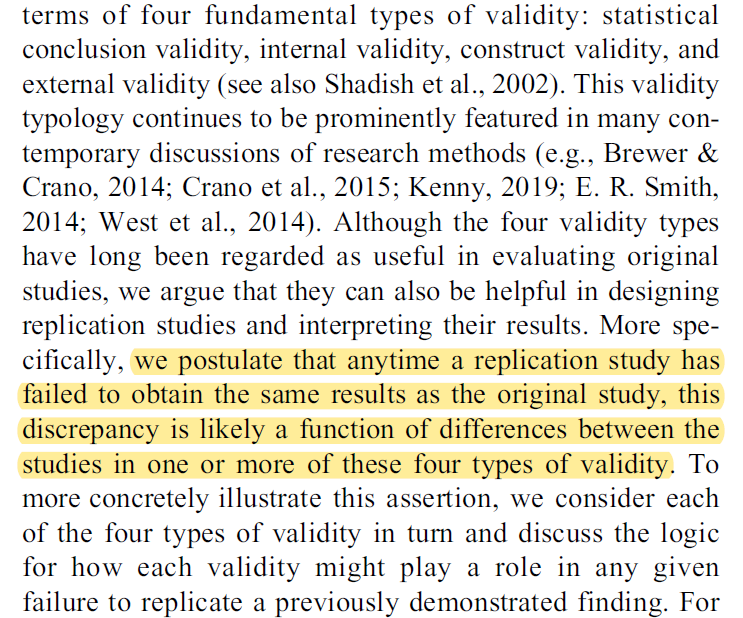
This Month's #BookmarkedReads📚 curated reading list provides eight of my favorite books on US education. These books will collectively provide a foundation from which to expand your understanding of both K12 and #HigherEd.
🧵
bookmarkedreads.substack.com/p/educationboo… (affiliate links)
🧵
bookmarkedreads.substack.com/p/educationboo… (affiliate links)
Best In Teaching
As the title suggests, The Missing Course: Everything They Never Taught You about College Teaching by @dgooblar, teaches you everything you were never taught about college teaching.
Must read for educators in the classroom. amzn.to/3zNTpPN
As the title suggests, The Missing Course: Everything They Never Taught You about College Teaching by @dgooblar, teaches you everything you were never taught about college teaching.
Must read for educators in the classroom. amzn.to/3zNTpPN
Best in Learning Science
In How We Learn: Why Brains Learn Better Than Any Machine . . . for Now, Stanislas Dehaene explains four key pillars of learning that can be applied to how we teach and how learning environments are structured.
amzn.to/3GhQy49
In How We Learn: Why Brains Learn Better Than Any Machine . . . for Now, Stanislas Dehaene explains four key pillars of learning that can be applied to how we teach and how learning environments are structured.
amzn.to/3GhQy49
Best in Education Technology
In Failure to Disrupt: Why Technology Alone Can’t Transform Education, @bjfr explains everything you need to know to understand the role of edtech in today’s educational environment.
One of my favorite edu books.
amzn.to/3qgNxeJ
In Failure to Disrupt: Why Technology Alone Can’t Transform Education, @bjfr explains everything you need to know to understand the role of edtech in today’s educational environment.
One of my favorite edu books.
amzn.to/3qgNxeJ
Best in History
In A Perfect Mess: The Unlikely Ascendancy of American Higher Education, @DLabaree gives the best historical overview of the US higher education system that I’ve read to date, explaining the contradictions within our education system.
amzn.to/3qihFXi
In A Perfect Mess: The Unlikely Ascendancy of American Higher Education, @DLabaree gives the best historical overview of the US higher education system that I’ve read to date, explaining the contradictions within our education system.
amzn.to/3qihFXi
Dueling Perspectives on #highered
Sustainable. Resilient. Free. (amzn.to/3fd79dp) where @biblioracle argues for higher ed as a public good.
vs.
The Case Against Education (amzn.to/3r58xUZ) where @bryan_caplan argues for higher ed as largely a waste of money
Sustainable. Resilient. Free. (amzn.to/3fd79dp) where @biblioracle argues for higher ed as a public good.
vs.
The Case Against Education (amzn.to/3r58xUZ) where @bryan_caplan argues for higher ed as largely a waste of money
Dueling Perspectives on
A Wolf at The Schoolhouse Door (amzn.to/3tdUkI0) promoting public K12 by @Edu_Historian + @BisforBerkshire
vs. Charter Schools and Their Enemies (amzn.to/3ti78x6) promoting private/choice K12 models by T. Sowell.
A Wolf at The Schoolhouse Door (amzn.to/3tdUkI0) promoting public K12 by @Edu_Historian + @BisforBerkshire
vs. Charter Schools and Their Enemies (amzn.to/3ti78x6) promoting private/choice K12 models by T. Sowell.
If you liked this, I write the #BookmarkedReads📚 newsletter where you get non-fiction reads straight to your inbox 1-2x per week.
Subscribe 👇
bookmarkedreads.substack.com
Subscribe 👇
bookmarkedreads.substack.com
• • •
Missing some Tweet in this thread? You can try to
force a refresh












